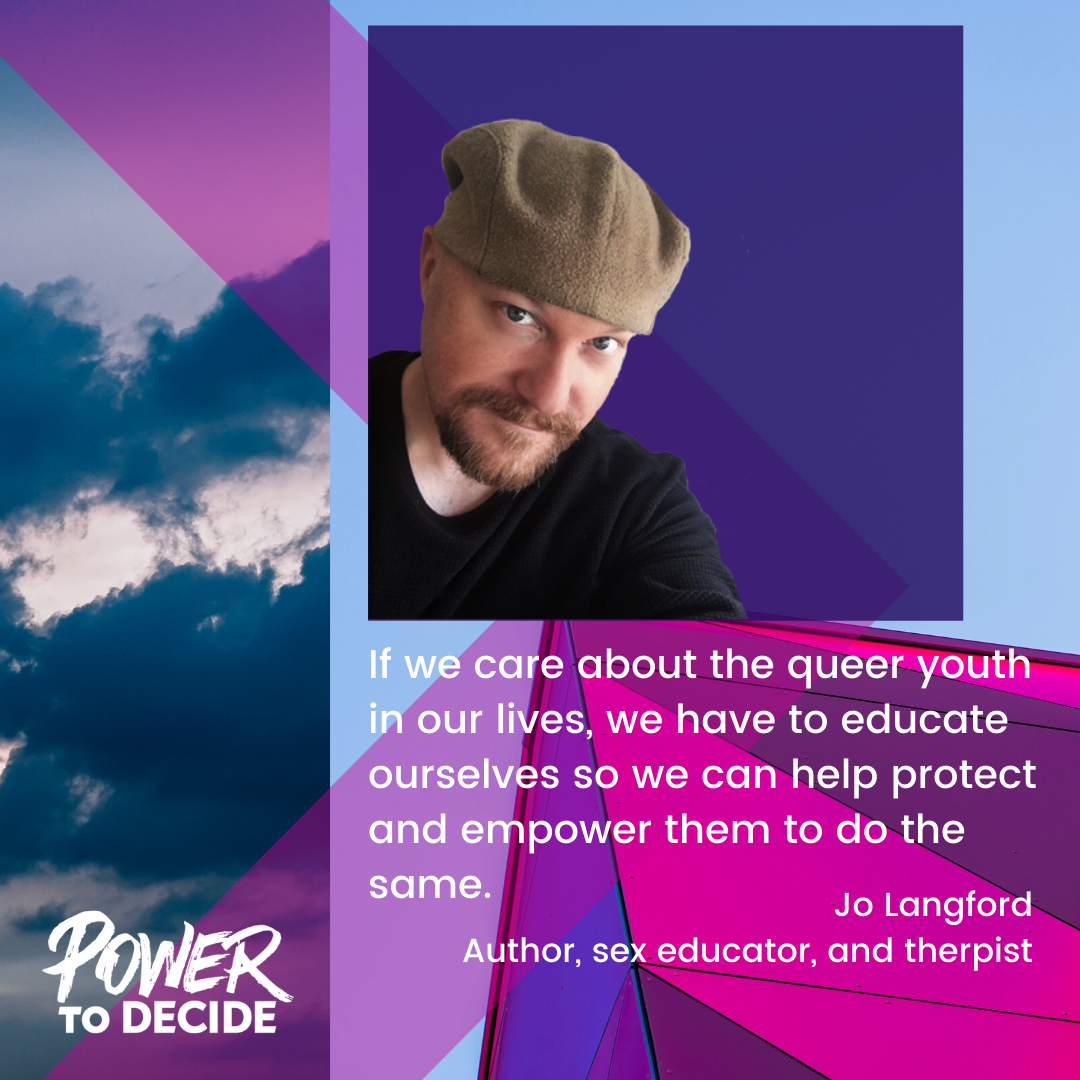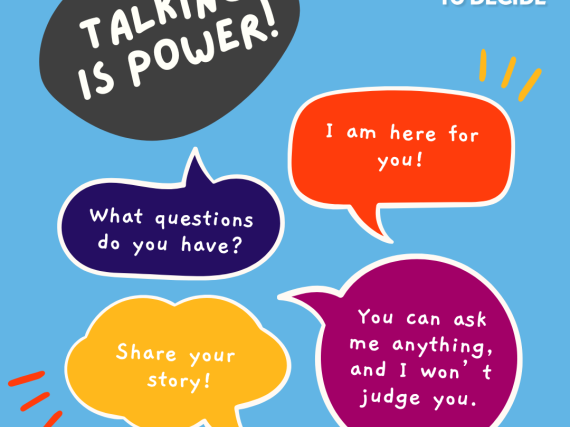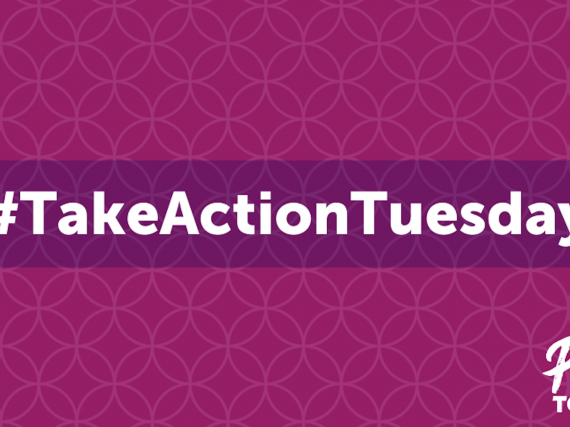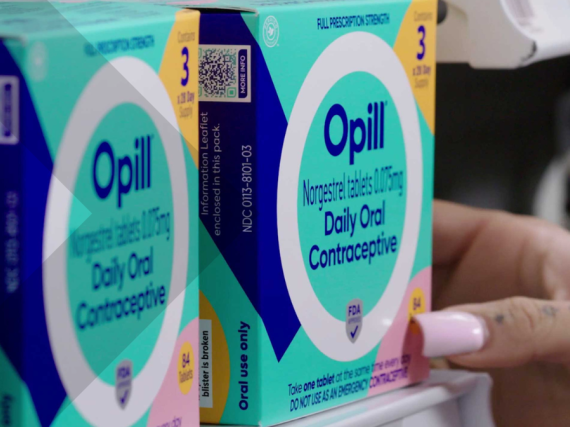6 Questions with Jo Langford
Based in Seattle, Washington, Jo Langford is a therapist, sex educator, and author. Over the course of his career he has worked in schools, hospitals, and in private practice with families of children of all ages. Langford specializes in providing therapy to adolescents, particularly with boys around sexuality and technology. He emphasizes LGBT issues, internet safety, digital citizenship, and comprehensive sex education in all that he does.
His books, Spare Me the Talk and The Pride Guide, and his workshop series have garnered a following in the Seattle area and nationwide.
The Pride Guide draws on his 25 years of experience working with queer youth to help LGBT adolescents and their families and champions discuss sexual and social development, safety, and health. First published in 2018, The Pride Guide is the first puberty guide written specifically for LGBT youth.
The recent landmark Supreme Court decision that prohibits discrimination based on sexual orientation and gender identity is a huge victory for LGBT rights. How do you think this will affect young people?
My biggest hope is that this victory will spur them on to continue fighting for the equality and equity that everyone deserves—especially in this moment in which it has become clear just how much we all need to be standing together. Technology has always helped civil rights, from the televised protests in the sixties, to the online information and resources for queer folx in the nineties, and now social media is driving these most recent battles. I wholeheartedly believe Gen Z—our little digital natives—are going to save us all.
What drew you to working with LGBT youth and why do you believe it’s so important that sex education addresses straight and queer relationships?
Working around teens in the context of sexuality for so long, both LGBT issues and technology are so intricately woven in—particularly now that we are all so connected. The result is that kids are so much more open and unburdened than we were at their ages, it’s quite lovely.
With so many kids coming out, and at younger ages, we ‘grown-ups’ need to be doing our jobs of providing them with reliable information that covers everyone. Most kids’ only source of sex ed is in school, and most of that is both scary and straight. Penis-in-vagina sex is the only thing typically discussed in that situation and that limits the discussion, it skips all the stuff that LGBT kids do and much of what the straight kids do as well. In their lack of queer inclusion, they end up keeping information from everyone.
How can parents who aren’t queer best support their queer children? What happens if their kids have a question that parents/caregivers don’t know how to answer or don’t understand themselves?
It can be hard. There are different dynamics in play when parenting a queer kid, and LGBTQ folx are the only minority that is typically not raised by people who are NOT minority—most queer kids have cis/het parents. This makes parenting around the history/traditions/safety/sex ed/activism/etc. harder, but even more important. Straight parents of queer kids can really help, by beginning to think of themselves as a minority population as well. There aren’t a lot of resources out there, but the ones do exist tend to be pretty muscular and easy to find – from PFLAG to Facebook groups to my book, which has an entire section in the back devoted to supportive adults in queer kids’ lives.
The internet can be a blessing and curse when it comes to sex education. What’s your top piece of advice for parents/caregivers to help them use digital/social media to begin conversations with their young people?
I am forever encouraging parents to be on social media with their kids. This helps keep kids’ behavior in check, gives us a really sweet window into their worlds, is fun, and full of findable resources and topics to have conversations about. Plus, it’s a language our kids speak. In twenty years, they are going to be much, much more likely to reach out and communicate via apps than calling us and having a conversation with their actual mouths. It’s a great investment to create those connections when they’re young, so they see us as a connected resource for them.
Power to Decide is part of a coalition of organizations that supports Sex Ed for All, which is working to provide all young people with the sexual health information and access to resources they need and deserve in order to make healthy decisions for themselves. What does sex ed for all mean to you?
I believe teens ought to be held responsible for their own learning and experiences, actions and reactions, and they cannot do that if they are not treated with respect, given access to accurate and relevant comprehensive sexual education, and held to high standards. So, I think Sex Ed for All, to me, means frank, honest, medically accurate, and open-minded approaches that are accessible and cover all aspects of sexuality development and behavior.
What have you learn from the LGBT youth you work with that you want more adults to understand?
One: that they are out there. Whether we think we can see them or not, statistically, we all know some, and we need to act accordingly.
Two: in too many ways we, as a culture, are expecting adolescents figure out this pretty complicated, varsity-level stuff all on their own. Some of this stuff is serious, and trial-and-error is unnecessary now. These kids should not have to reinvent their own wheels. If we care about the queer youth in our lives, we have to educate ourselves so we can help protect and empower them to do the same.



